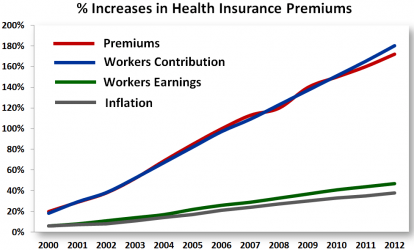You understand that's not proof, right?
You understand that reading is fundamental, right?
Translation: No, I do not understand that. I think only Nobel Prize winners invent things.
You're a dolt. Next.
The strawman argument and then an insult.
Apology accepted, Captain Needa.
